DIY Soup to Probiotic Pickle: Unveiling the Power of Carrots
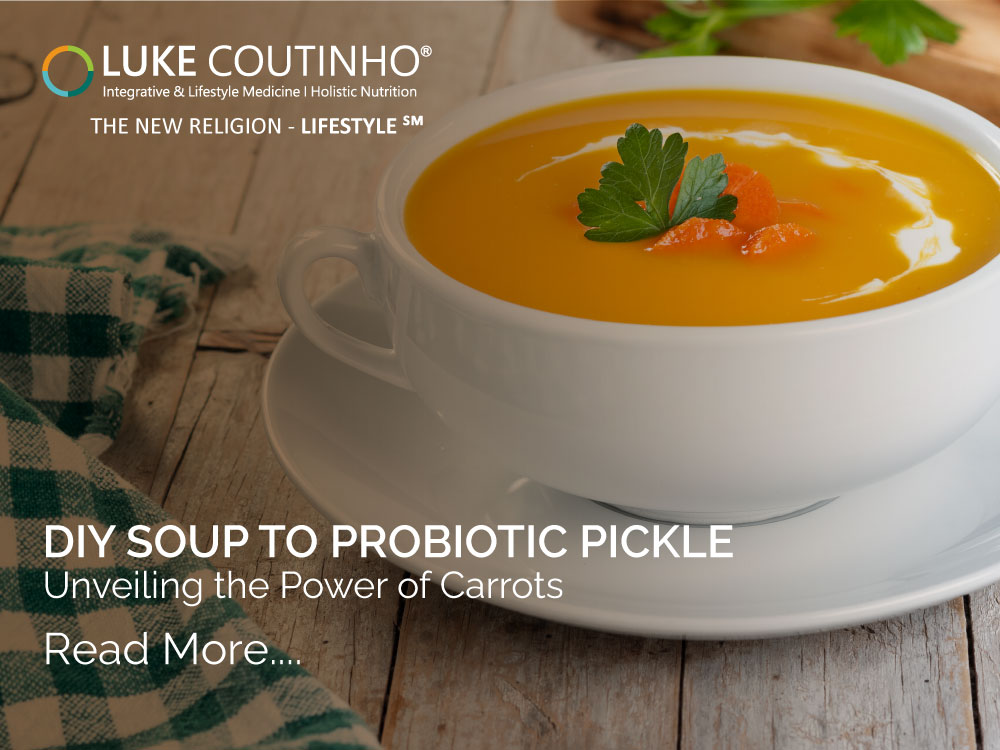
Carrot Soup – A DIY Beta Carotene Booster
Ingredients
- 2 cups carrots, chopped
- 4 tbsp bottle gourd, chopped
- Salt and pepper to taste
- A pinch of nutmeg
- 1/2 tsp A2 ghee
- Coriander, chopped to garnish
Instructions
- Place the carrots and bottle gourd in a pressure cooker with 2 cups of water and cook for 2 whistles.
- Once cool, blend them. Add water as required to get the desired consistency.
- Add salt, pepper, and nutmeg.
- Add 1/2tsp ghee and serve hot.
- Garnish with chopped coriander.
Variations:
- If carrots and bottle gourds are unavailable, you can use pumpkin or ash gourds.
Notes
- Carrots are rich in Vitamin A, fiber beta-carotene, and anthocyanins, which lower inflammation and boost your immune system.
- Cooking carrots helps break down the thick plant cellulose and allows beta carotene and carotenoids to shine effectively. If you are eating carrots for better skin, hair, and eye health – make a carrot soup, mash, or steam them.
- Eat it in moderation. Overdoing carrots can lead to toxicity and the development of carotenemia, where their skin turns orange (due to excess beta carotenes and carotenoids).
- Serve the carrot soup with some chopped parsley and add pumpkin seeds for garnish for a nutritional boost.
- You can alter this recipe to pureed carrot baby food too.
Nutrition
Carrot Pickle: A DIY Probiotic
Ingredients
- 2 carrots, sliced
- 2 tbsp fresh ginger, grated
- 2 tbsp fresh turmeric, grated
- 2 tsp mustard powder
- 1/4 tablespoon asafoetida, hing
- 1/4 tablespoon turmeric powder, haldi
- 1/4 tablespoon fenugreek seeds, methi seeds, powdered
- 1/2 tablespoon jaggery, powdered
- A few drops of cold-pressed coconut oil
- Pink salt as per taste
- 1 lemon, juiced
Instructions
- Place the sliced carrots in a bowl with ginger and turmeric.
- Add all the remaining ingredients like mustard powder, asafoetida, turmeric powder, fenugreek seeds powder, jaggery, pink salt, and lemon juice to the carrots. Mix until well combined.
- Add a few drops of cold-pressed coconut oil.
- Keep it aside for an hour to ensure the flavors mix properly.
- Serve with roti/rice.
Variations:
- If carrots are unavailable, you can alternate them with beetroot or radish.
Notes
- Homemade pickles are the best natural probiotics when made the right way and with clean ingredients.
- Falcarinol found in raw carrots is now linked with slowing down the spread of cancer by inhibiting the growth of cancer cells and inducing cell apoptosis (cell death).
- Raw carrots contain a unique indigestible fiber that can help remove excess estrogen from your intestine and prevent its reabsorption into your system.
- Eating pickles (in the correct quantity) with your food stimulates digestive enzymes, thus improving digestion.
- Always store the pickle in glass jars. Keep it refrigerated and consume it within 5 to 6 days.
- Use a clean spatula/dry spoon to scoop the pickle and place it in a small container. Once it reaches temperature, enjoy.
Nutrition
|
From a pimple to cancer, our You Care Wellness Program helps you find a way Talk to our integrative team of experts today 18001020253 |

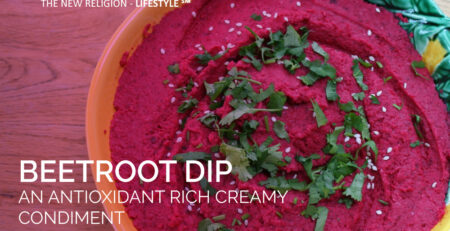
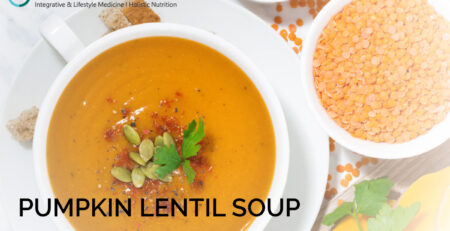
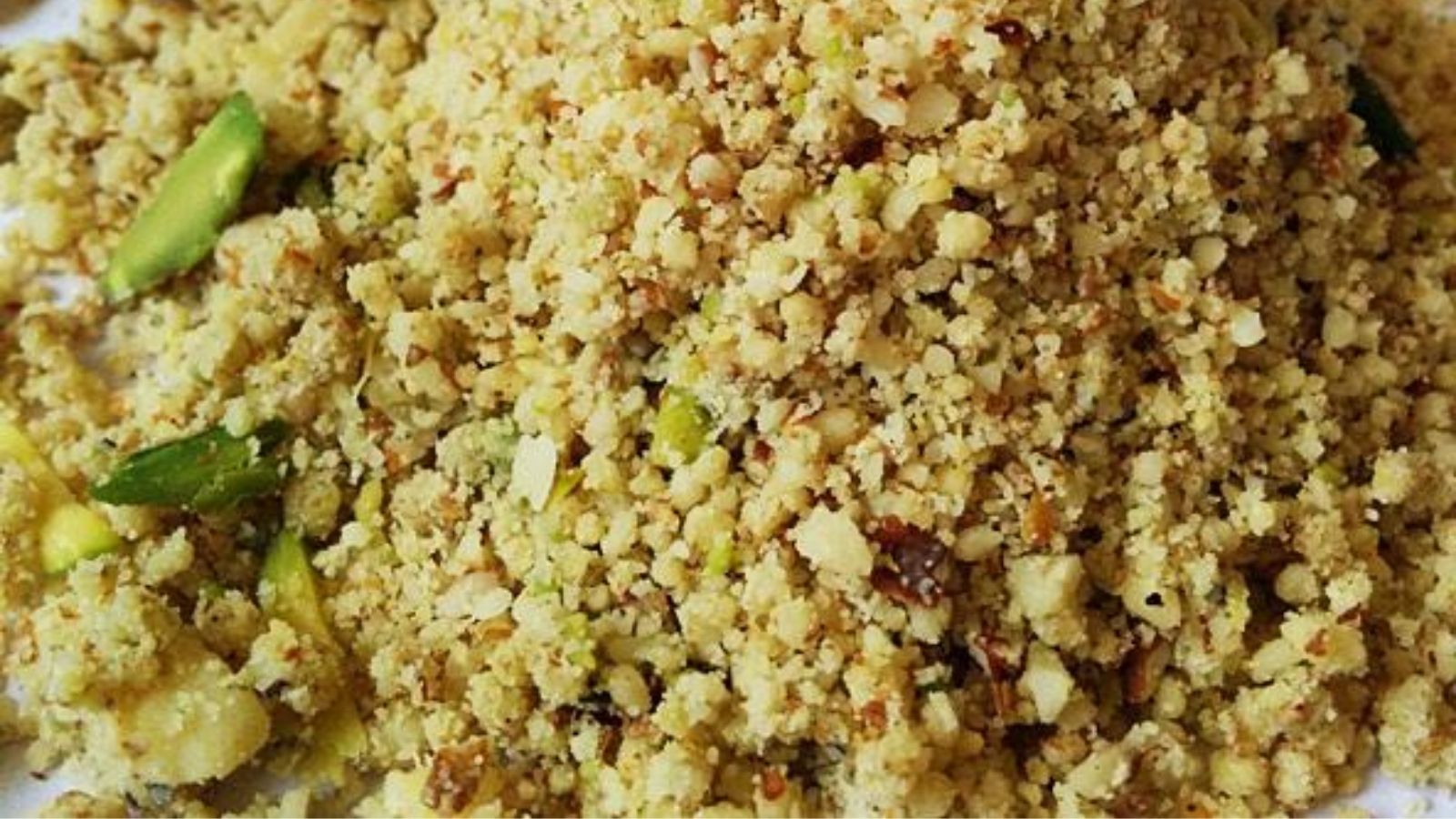
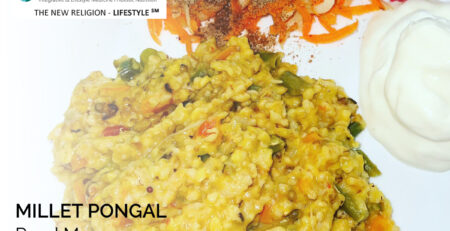

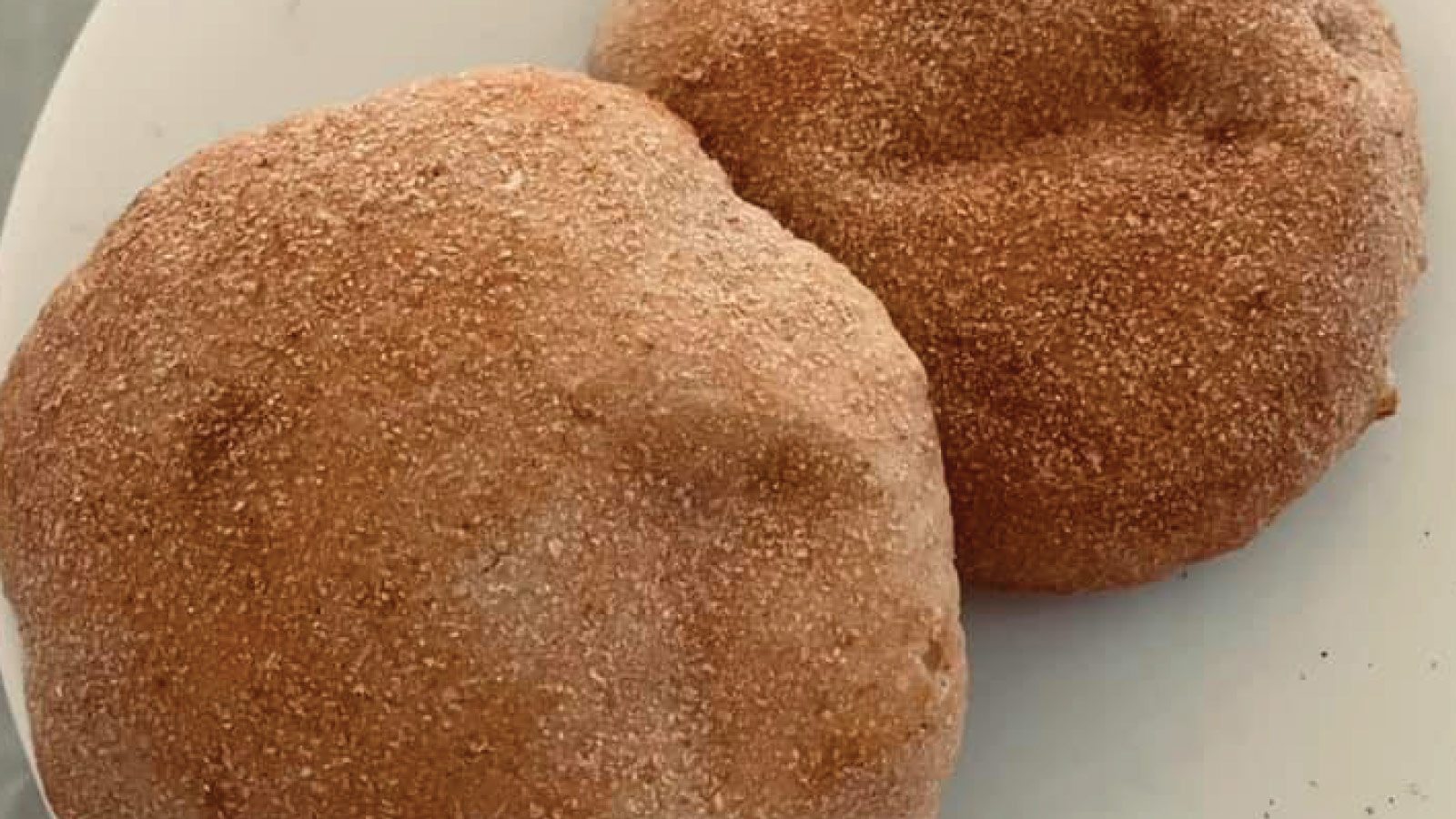
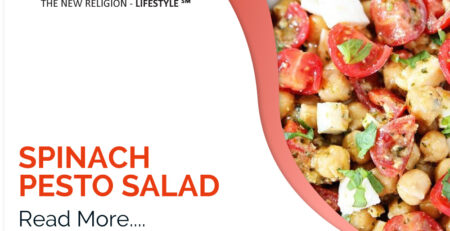
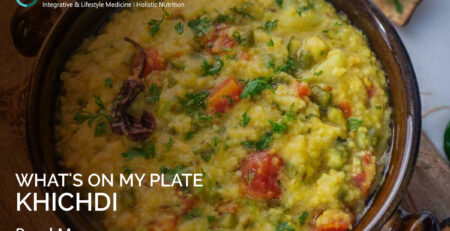
Leave a Reply